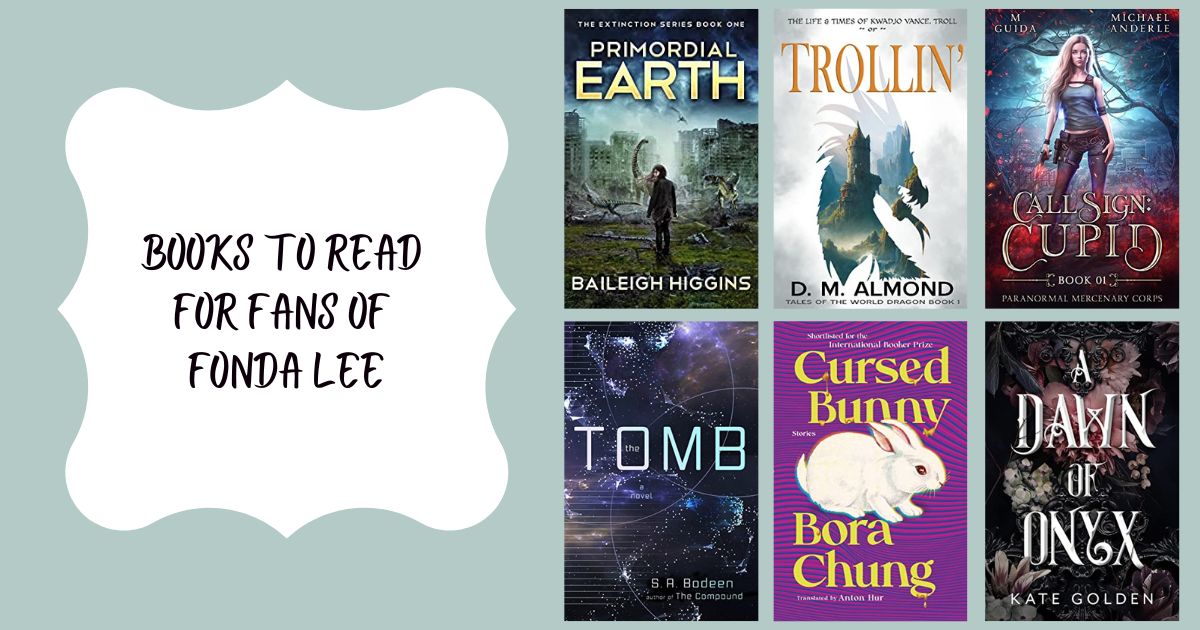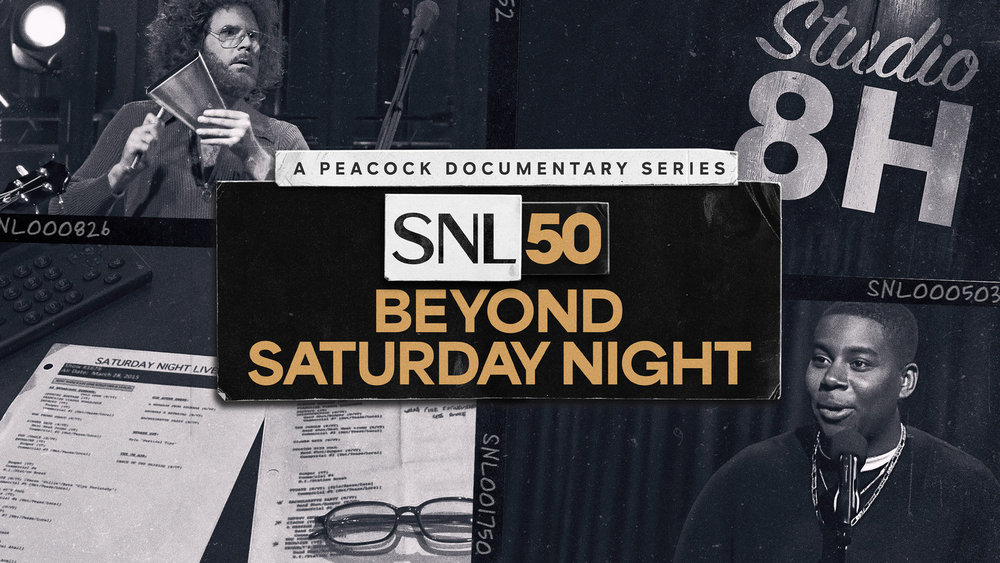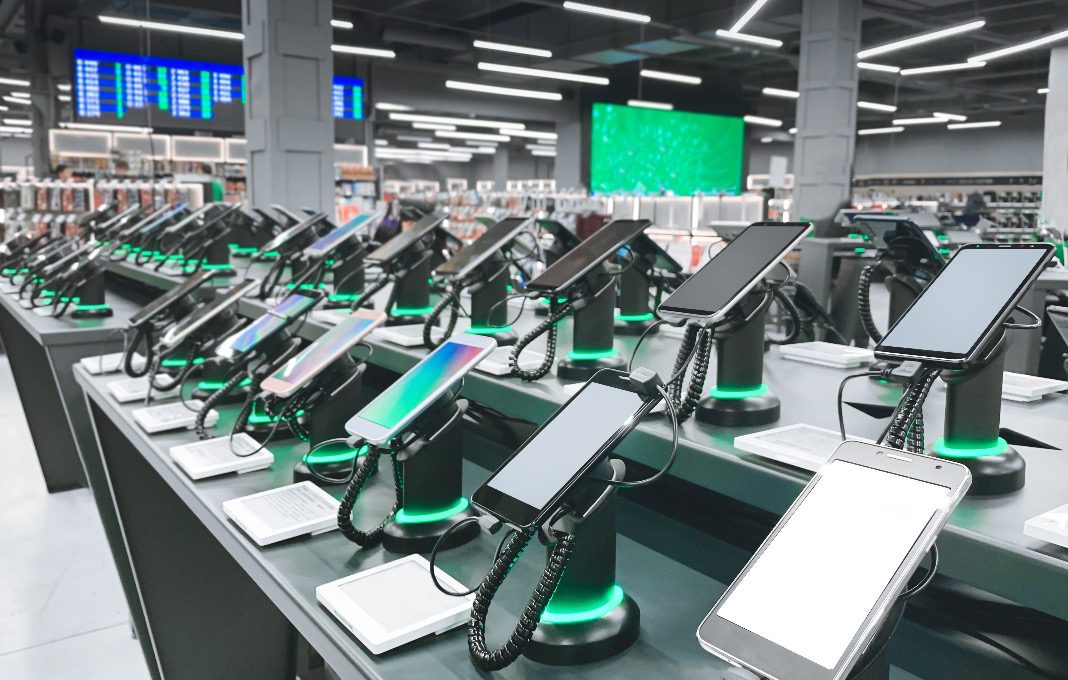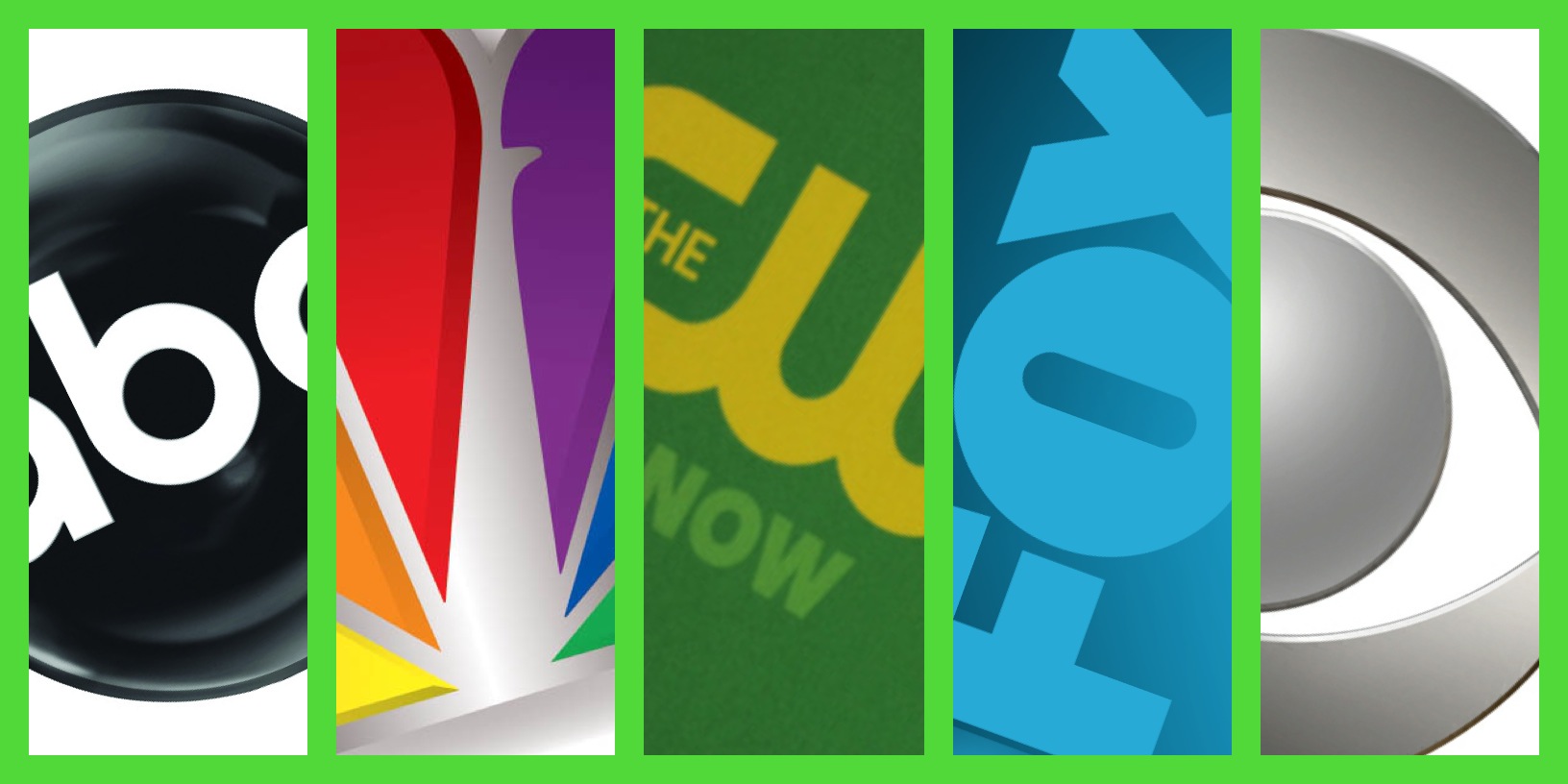You’ve really worked in this industry through I think a large transition in terms of the way it treats women making films presently and women who made films in the past. I’d love to hear your thoughts on if you think we’ve hit a watershed finally, or if you still feel like there are some hurdles that maybe we don’t even know are still there.
I don’t want to be too Pollyanna about it, but I do think the #MeToo movement was a bit like the Berlin Wall coming down, although it was never as bad as that was. I don’t know if it will ever be 50/50. Because a lot of women have split priorities; wanting to have families, and wanting a personal life that is fulfilling. They have that expectation or dream more than men. But audiences are 50/50 they do like female-focused stuff, which is a really big new thing. I think it’s more big news than women making stuff. It’s always about the money. It’s always about, Who’s going to pay for this? Well, now people are prepared to pay for it because they know that women are on it and women will watch it and women buy it. It’s those economics of who pays for stuff has really altered.
Like, when I began, Gillian Armstrong had made “My Brilliant Career” and she was the only woman on the platform. At that point, it seemed like, oh, women just don’t do this at all. Now, it’s clear that they do do it. But even talking to women now they still say it’s really hard. I think it’s a change not to be taken lightly and it’s something we need to keep.
I think more women being empowered in the area is the most important thing. Women doing great material is the big thing. It’s the only way. You can’t just dictate for it to happen. It has to be a situation where women can do great stuff. I think that’s the truth. It doesn’t really matter if we’re women or men. We’re the creators and we don’t want to be by adding all the time a “woman director.” You don’t say “male director.” That is also part of that equity. That you don’t get to distinguish by your gender. Every time you make something, it’s just by the quality of the work.

I think that’s definitely because there isn’t parity and it helps to point out gender in order to see the low percentage who are hired. I actually interviewed Gillian Armstrong last week for a book I’m working on, and she spoke about how in Australia they’re trying to address the hiring practices there. Women will go to film school 50/50, but then they don’t get hired 50/50.
You spoke to her? How amazing!
Yeah. It’s been great talking to both of you in such a short period of time because you’re both some of my favorite directors. Her story reminded me of when you introduced “The Piano” at the Academy Museum last year and you mentioned that you were maybe starting a school to help mentor more women. Is that still happening?
























































![Social Media Spring Cleaning [Infographic] Social Media Spring Cleaning [Infographic]](https://imgproxy.divecdn.com/9e7sW3TubFHM00yvXe5zvvbhAVriJiGqS8xmVFLPC6s/g:ce/rs:fit:770:435/Z3M6Ly9kaXZlc2l0ZS1zdG9yYWdlL2RpdmVpbWFnZS9zb2NpYWxfc3ByaW5nX2NsZWFuaW5nMi5wbmc=.webp)
![5 Ways to Improve Your LinkedIn Marketing Efforts in 2025 [Infographic] 5 Ways to Improve Your LinkedIn Marketing Efforts in 2025 [Infographic]](https://imgproxy.divecdn.com/Hv-m77iIkXSAtB3IEwA3XAuouMwkZApIeDGDnLy5Yhs/g:ce/rs:fit:770:435/Z3M6Ly9kaXZlc2l0ZS1zdG9yYWdlL2RpdmVpbWFnZS9saW5rZWRpbl9zdHJhdGVneV9pbmZvMi5wbmc=.webp)
















